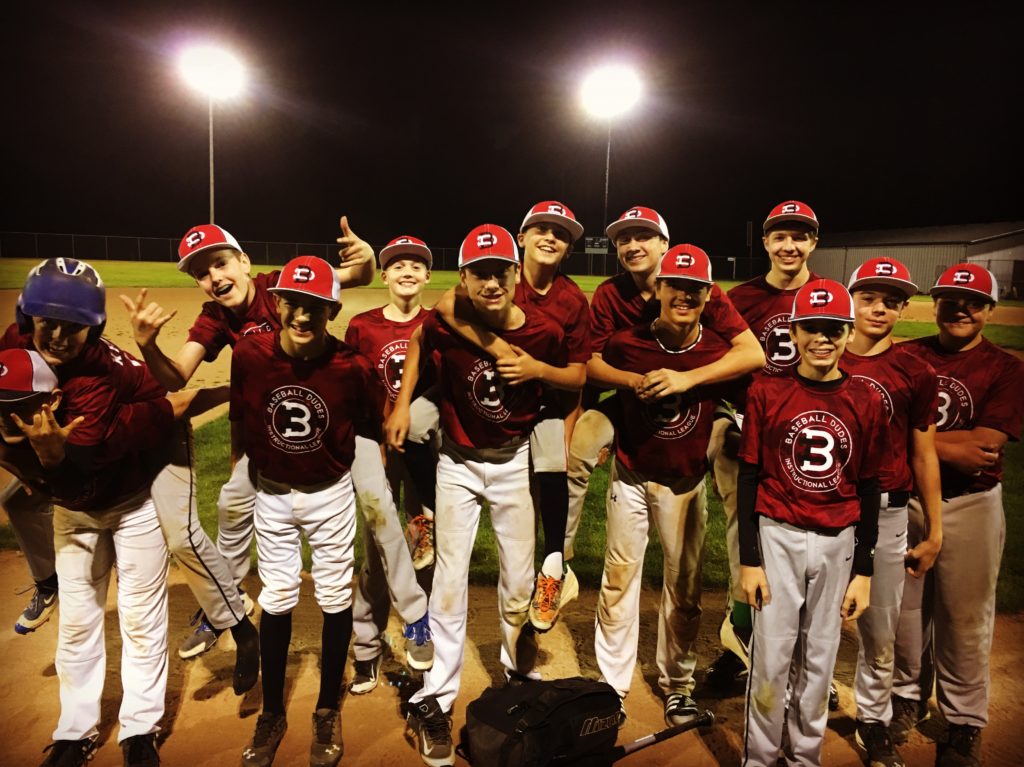 Had a conversation with a friend recently who wanted to share his situation and was looking for some advice. We have actually spoke on this topic often before and he has read most of what I have written on it. It’s that topic that seems to always be an issue of concern amongst the adults. Playing time and what’s deserving of it.
Had a conversation with a friend recently who wanted to share his situation and was looking for some advice. We have actually spoke on this topic often before and he has read most of what I have written on it. It’s that topic that seems to always be an issue of concern amongst the adults. Playing time and what’s deserving of it.
As the convo went on and he explained his current situation, the topic came up of when do they, the players, need to start realizing that their ability and performance will be what determines how much, if any, time they will see on the field? At what age? Who helps them become aware of this truth?
Such a sensitive topic. You have two sides to this with the adults opinions and emotions being so deeply involved in this kids game.
One side is of the families of the players who have the ability, never see the bench which often comes with adults who want to win so badly, often more than their kids even care, and routinely fail to even notice the kids who are constantly on the bench, whose development is being ignored leading to passion and love for the game to diminish. And the other side is the families of those kids who are being left behind because they are late developers and the adults have deemed them not good enough or deserving of opportunity and the emotions that come with seeing their childs self esteem deteriorate before their eyes.
Parents are often blind to what is going on with anyone else besides their own child. That’s just human nature. I refer to it as being “Blinded by Love.” Thinking your kid is Gods gift to the game when in reality their talent is currently no different then many others. Not SEEING the big picture of a team and how you make 12-15 pieces fit as they only see 1. A parent/coach being so much in their own world and believing the team revolves around their kid who they continually put ahead of all of the other players on the team even though, again, their talent is no better than many others on the TEAM. Or on the flip side, a coach being infatuated with talent and obsessed with the “W” that they focus so much on results and continually fail to recognize those who need them, and Opportunity, the most.
I could go on and on with that topic but you get the point. Love is blinding and when we lose sight of the big picture and fail to see everything and everyone in front of us, we will without a doubt miss something.
So when is the right time? When should the game go from everyone getting opportunity to performance earning opportunity? For me it seems around the early teen years is a good time. This is also when they meet the big field. This is when the game will weed out many who won’t see the same success. Be it because they physically haven’t developed yet and are simply too weak for those dimensions or they are being coached by someone other than Dad now and aren’t getting the same opportunity which reveals their true love for the game or life is changing and they just don’t enjoy the game the way they used to.
My message to him was that in a perfect world, the game weeds them out. The game has become bigger than their talent and their heart and they simply can’t produce consistently. Many youth ball players never become HS ball players and for me it should be their talent and level of determination which decides that, not by someone two or three times their size and four times their age.
With that said, there needs to be someone in their lives who helps them understand this reality. The tricky part though is that someone, coach or parent, having feel for reality. Not being “Blinded by Love” and helping the player understand that the higher you get in this game and in life you will need to perform to see opportunity and you will have to keep performing to keep seeing consistent opportunity. Again, for me, this is a convo that should happen around twelve to maybe fourteen years old. I’m sure there are many who see that as too late but again, this is where I am at.
How I got here: I played with guys who were late draft picks who battled and proved themselves to become big leaguers while seeing guys who were what we call a “can’t miss talent” who simply couldn’t make it on the higher stage. I coached players who were the 25th man on the roster who are now star big leaguers and guys who received multi million dollar signing bonuses who never proved deserving of a gift like that. I’ve trained kids who were absolute stud youth players who never played above HS ball and I’ve trained kids whose deliveries and swings were so off that you would think there is no way they will make it on the big field yet they turned into college athletes. The point is, YOU NEVER KNOW! We are not God and we do not know what they will be like next month, next year or five years from now. Too often we become so obsessed with NOW that we forget this is all just a small piece to a bigger picture. Our job is to teach them, all of them, and help them figure this thing out. Honestly, it’s not about us adults. In no way is it about us. Many out there need to be much more careful, slow it down, and think twice about the choices they are making. Think about the team AND each individual. Remember that 20 years from now they will most likely not remember any of these moments, wins or loses, but the opportunities that they are given, or the ones that are taken away, WILL be what helps mold them into the person they will one day be.
Bottom line, I think it’s ALWAYS important to remember that for growth in anything opportunity is needed. And when you completely take away opportunity, no matter the age, there will be ZERO growth. Until you get to the big leagues it should always be about development. How can we help THEM get better? How can we prepare them for the next level? What do we need to do to make sure they grow physically and mentally as an athlete AND as a person?





 Many years ago I started to notice a trend amongst my students which was honestly quite disappointing. Now, this has probably been happening since time began but once I noticed it and started to pay attention to it, I realized I may have been missing something with all of them pertaining this important life lesson.
Many years ago I started to notice a trend amongst my students which was honestly quite disappointing. Now, this has probably been happening since time began but once I noticed it and started to pay attention to it, I realized I may have been missing something with all of them pertaining this important life lesson. As I sat at home surrounded by my own flesh and blood watching the new Wonder Woman movie, I couldn’t help but be overwhelmed with emotions when at the end of the movie WW approaches a wall of Photographs of the fallen. She finds the photo of what the movie leads us to believe may have been her first love, and proceeds to run her fingers over his face. And just as the movie began with photo, it ended with a photo.
As I sat at home surrounded by my own flesh and blood watching the new Wonder Woman movie, I couldn’t help but be overwhelmed with emotions when at the end of the movie WW approaches a wall of Photographs of the fallen. She finds the photo of what the movie leads us to believe may have been her first love, and proceeds to run her fingers over his face. And just as the movie began with photo, it ended with a photo.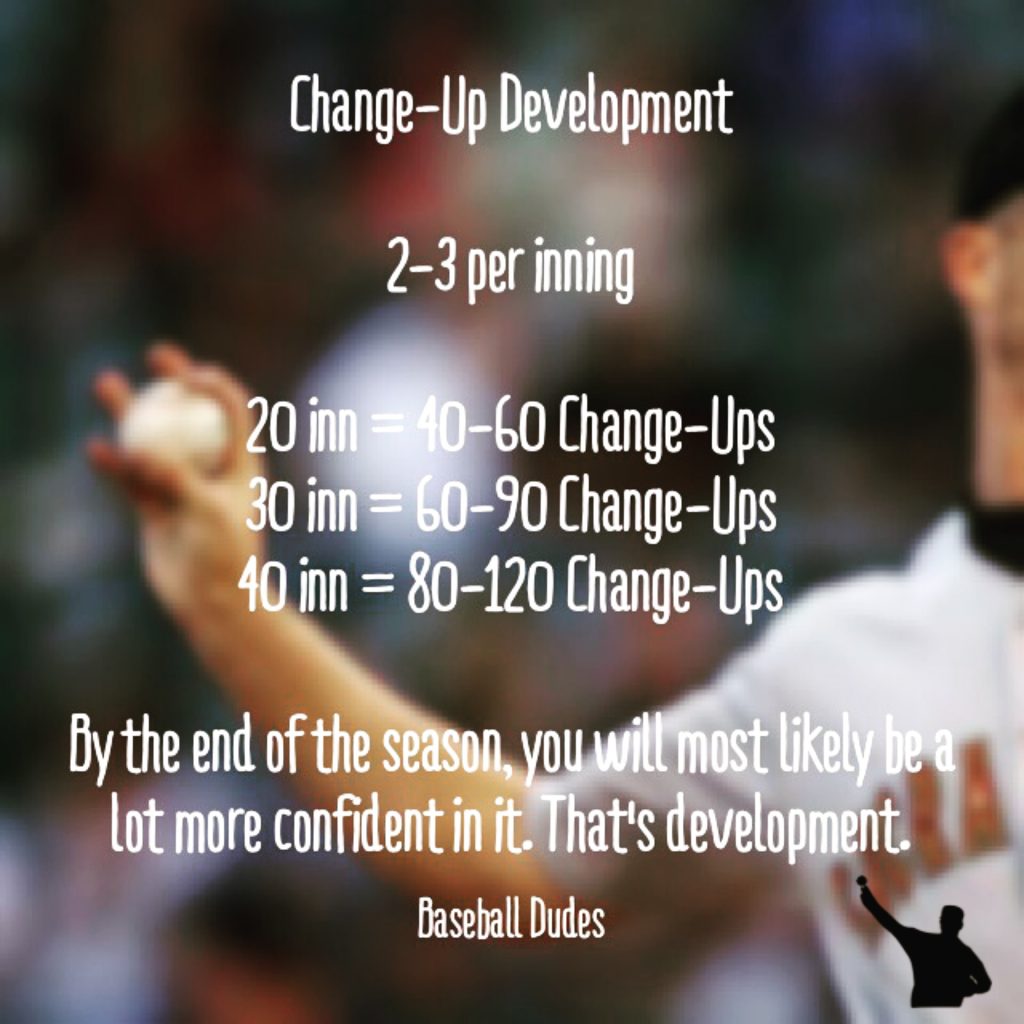 As a young player with an over-powering fastball, why would you throw a Change-Up in a game? You would be throwing it right into the hitters bat speed and be giving him a better chance of getting a hit so it wouldn’t make any sense…RIGHT??
As a young player with an over-powering fastball, why would you throw a Change-Up in a game? You would be throwing it right into the hitters bat speed and be giving him a better chance of getting a hit so it wouldn’t make any sense…RIGHT??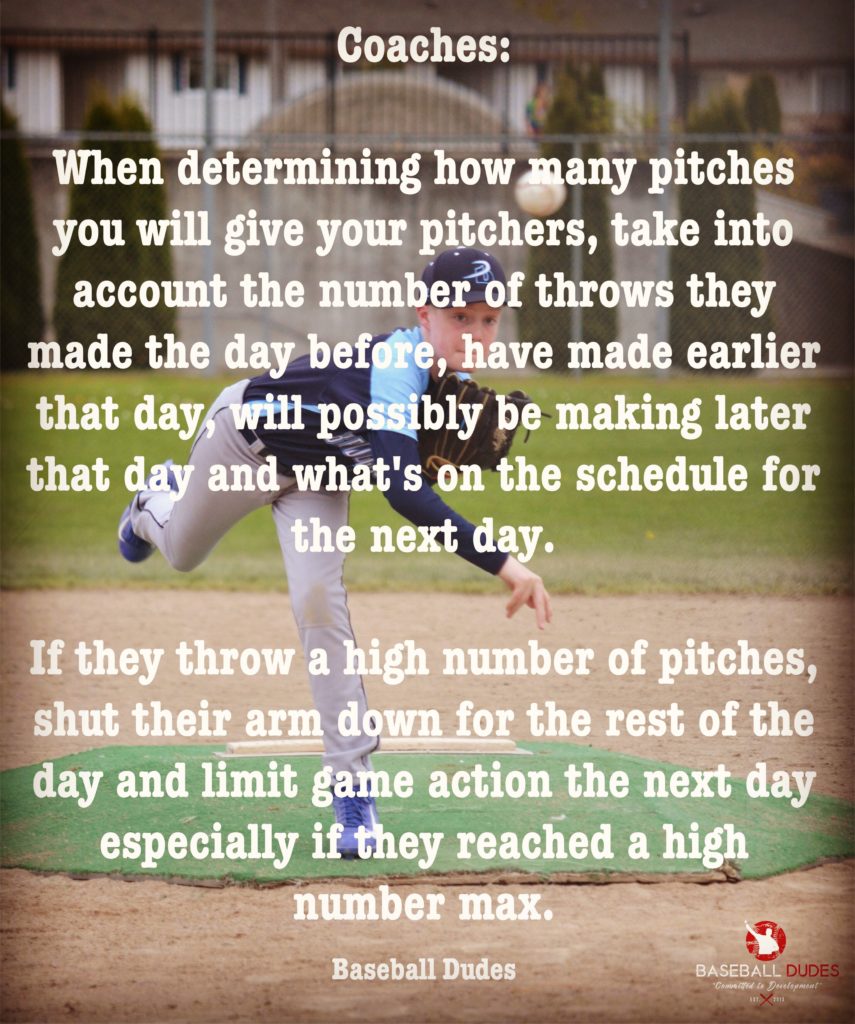 Arm Care has become a hot topic. With more and more information out there on why and how kids are getting hurt, why too many never get a chance reach their full potential, many are looking for answers. Looking for ways to help their young ones maybe take better care of their arms. Here are a few ideas for you…
Arm Care has become a hot topic. With more and more information out there on why and how kids are getting hurt, why too many never get a chance reach their full potential, many are looking for answers. Looking for ways to help their young ones maybe take better care of their arms. Here are a few ideas for you… So much negativity…
So much negativity…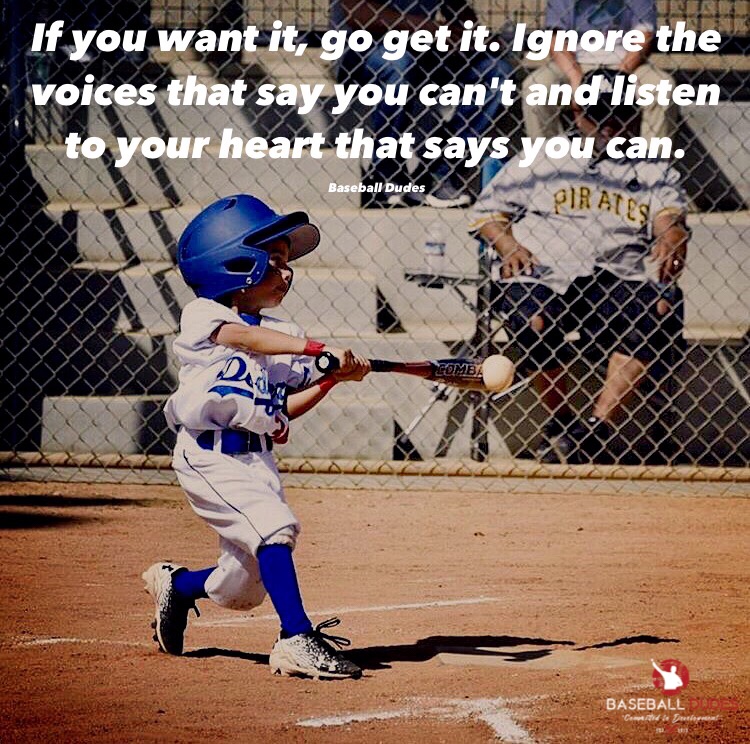 No one wants to fail. Failure is a negative, it’s embarrassing, it’s disappointing, it’s shameful, it’s downright unforgivable…Right??
No one wants to fail. Failure is a negative, it’s embarrassing, it’s disappointing, it’s shameful, it’s downright unforgivable…Right??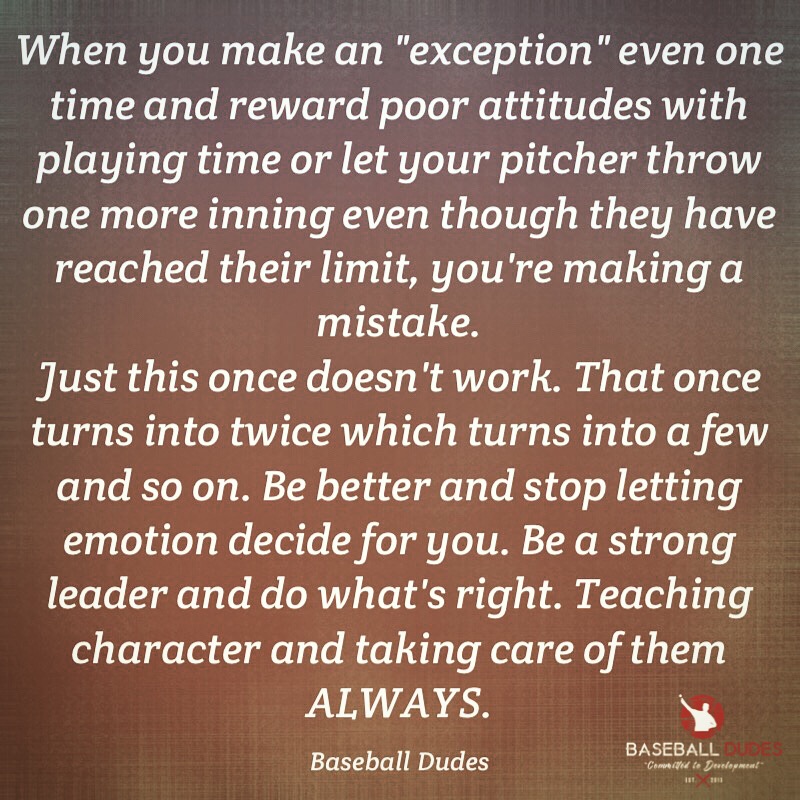 When your arm is prepared and conditioned for it, absolutely! When you haven’t pitched competitively in a game much recently because of little to no opportunity relating to too many arms on the team, poor weather conditions canceling games or because the coach is only throwing the same few arms every week, there’s no way your arm was ready for that many pitches.
When your arm is prepared and conditioned for it, absolutely! When you haven’t pitched competitively in a game much recently because of little to no opportunity relating to too many arms on the team, poor weather conditions canceling games or because the coach is only throwing the same few arms every week, there’s no way your arm was ready for that many pitches.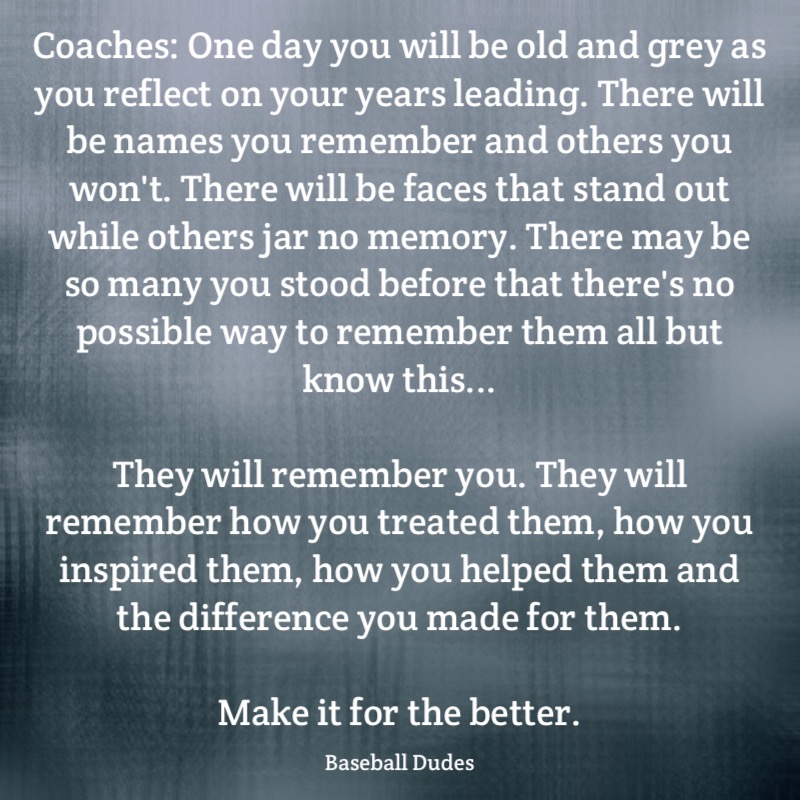 “Thank You Coach”
“Thank You Coach”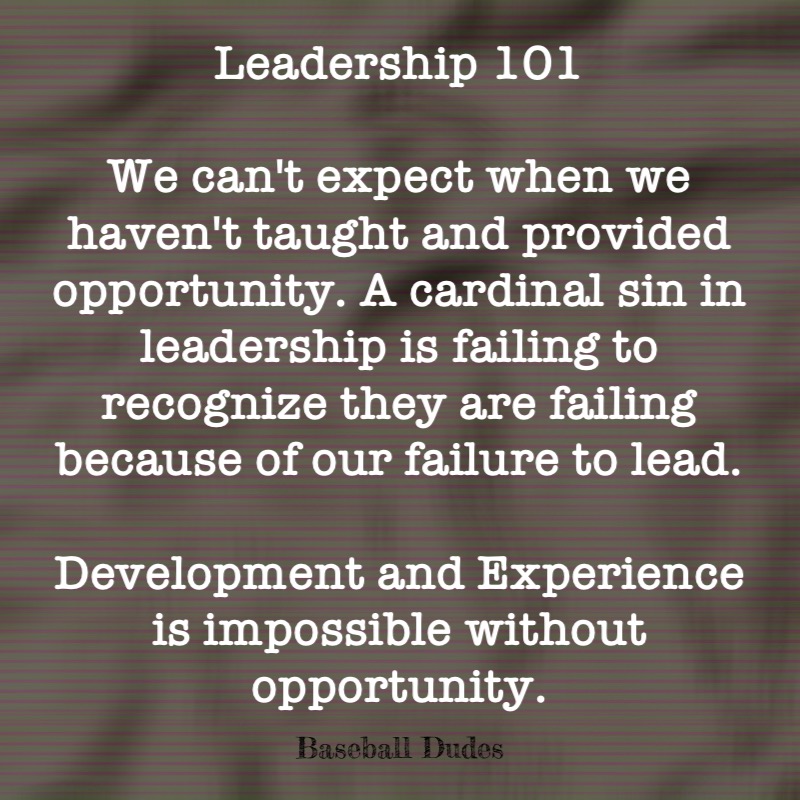 In a game that started as a kids game. A game that is so fun to play and teach. A game which can lead to great things and a game which can teach us so much about ourselves and life, why is it so hard to find positive stories? Uplifting and motivating stories. They are out there but they seem to be buried by stories of neglect, abuse, greed and negativity. So frustrating!
In a game that started as a kids game. A game that is so fun to play and teach. A game which can lead to great things and a game which can teach us so much about ourselves and life, why is it so hard to find positive stories? Uplifting and motivating stories. They are out there but they seem to be buried by stories of neglect, abuse, greed and negativity. So frustrating!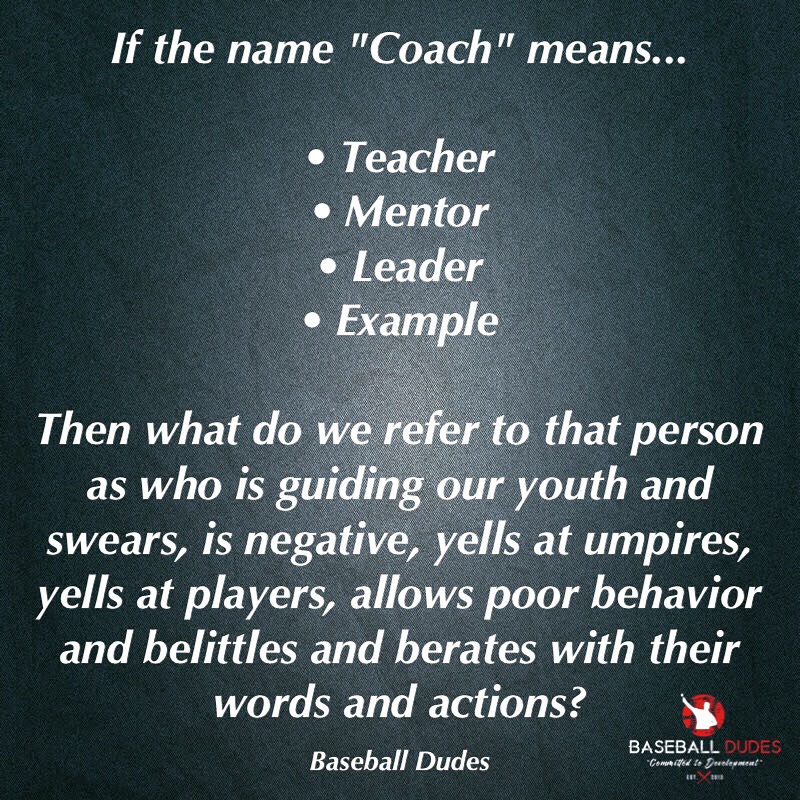 Do we really forget that these are kids? That they are clumsy. That their hand eye coordination is so far from being mature. That they are playing a tough game. That their normal focus level is nowhere near what ours is as adults, BY NATURE.
Do we really forget that these are kids? That they are clumsy. That their hand eye coordination is so far from being mature. That they are playing a tough game. That their normal focus level is nowhere near what ours is as adults, BY NATURE.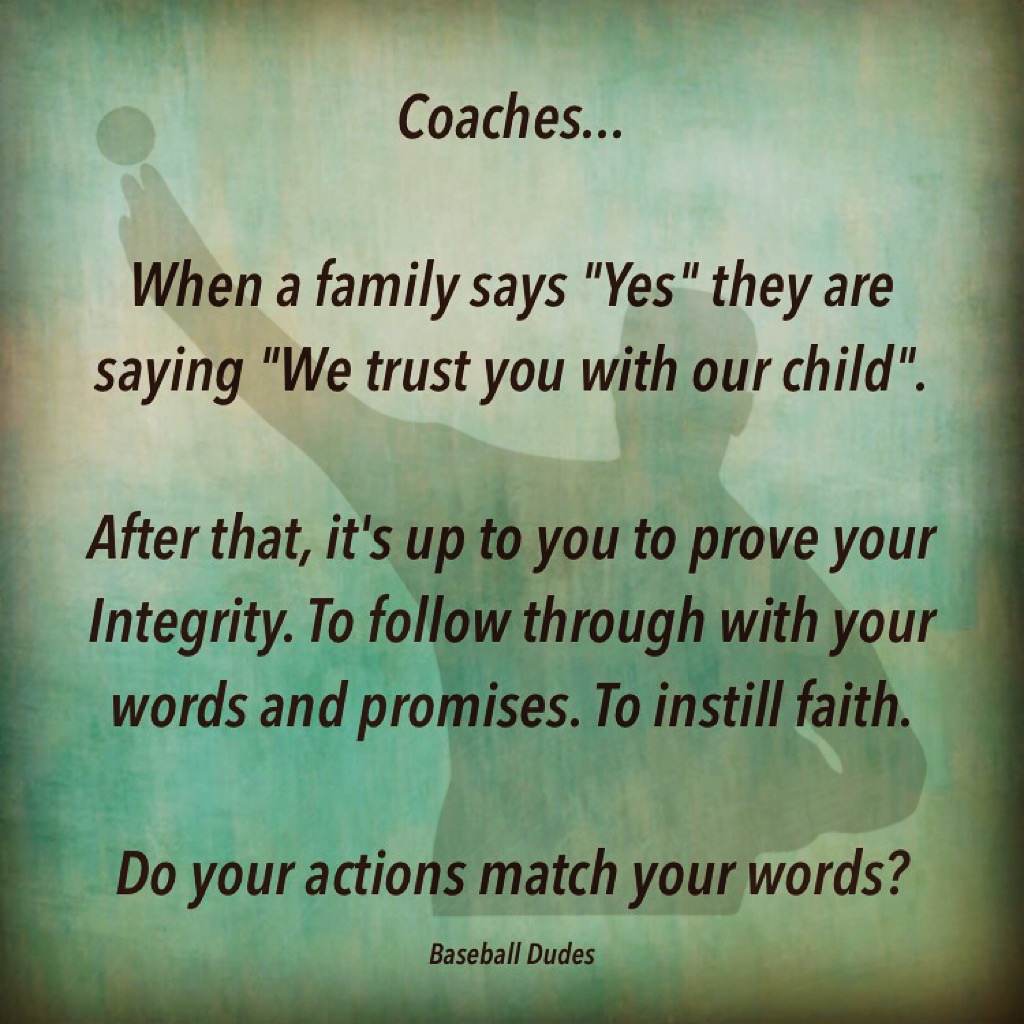 What’s best for their safety? What’s best for their development? What’s best for their future? What’s best for the athlete? What’s best for their character? Ask 100 different grown men and you are likely to get 100 different opinions. And with those 100 opinions, you will too often find no plan or wiggle room for adjustment in those beliefs.
What’s best for their safety? What’s best for their development? What’s best for their future? What’s best for the athlete? What’s best for their character? Ask 100 different grown men and you are likely to get 100 different opinions. And with those 100 opinions, you will too often find no plan or wiggle room for adjustment in those beliefs.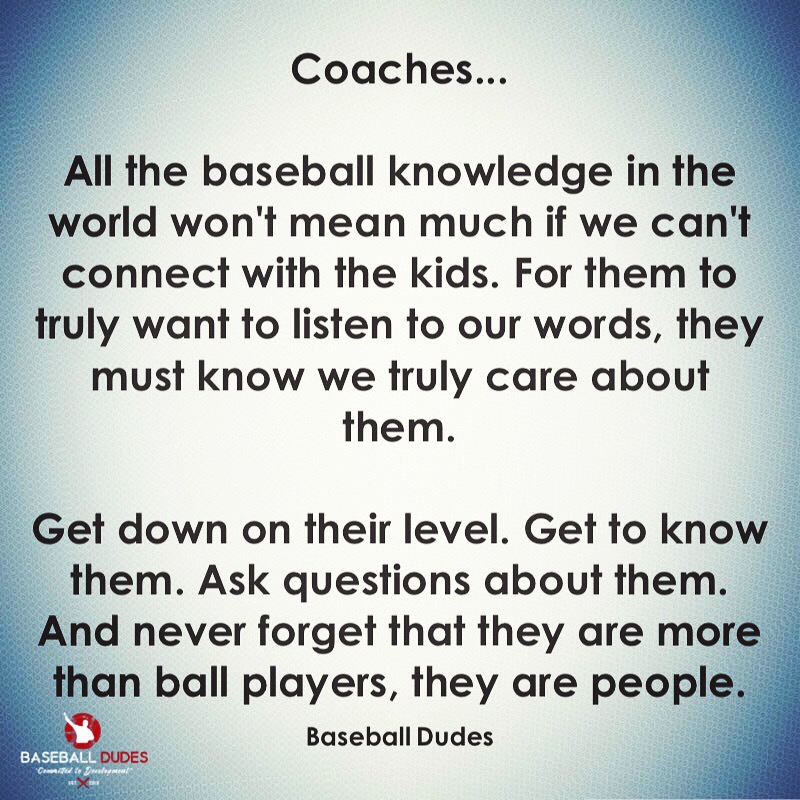 As I reflect on life, as I hope you all do often, the future is always a focus. Be it family, business, our students or those that follow us, the idea is always, “How can we get better?” “What do they need?” “How can we help them?”
As I reflect on life, as I hope you all do often, the future is always a focus. Be it family, business, our students or those that follow us, the idea is always, “How can we get better?” “What do they need?” “How can we help them?”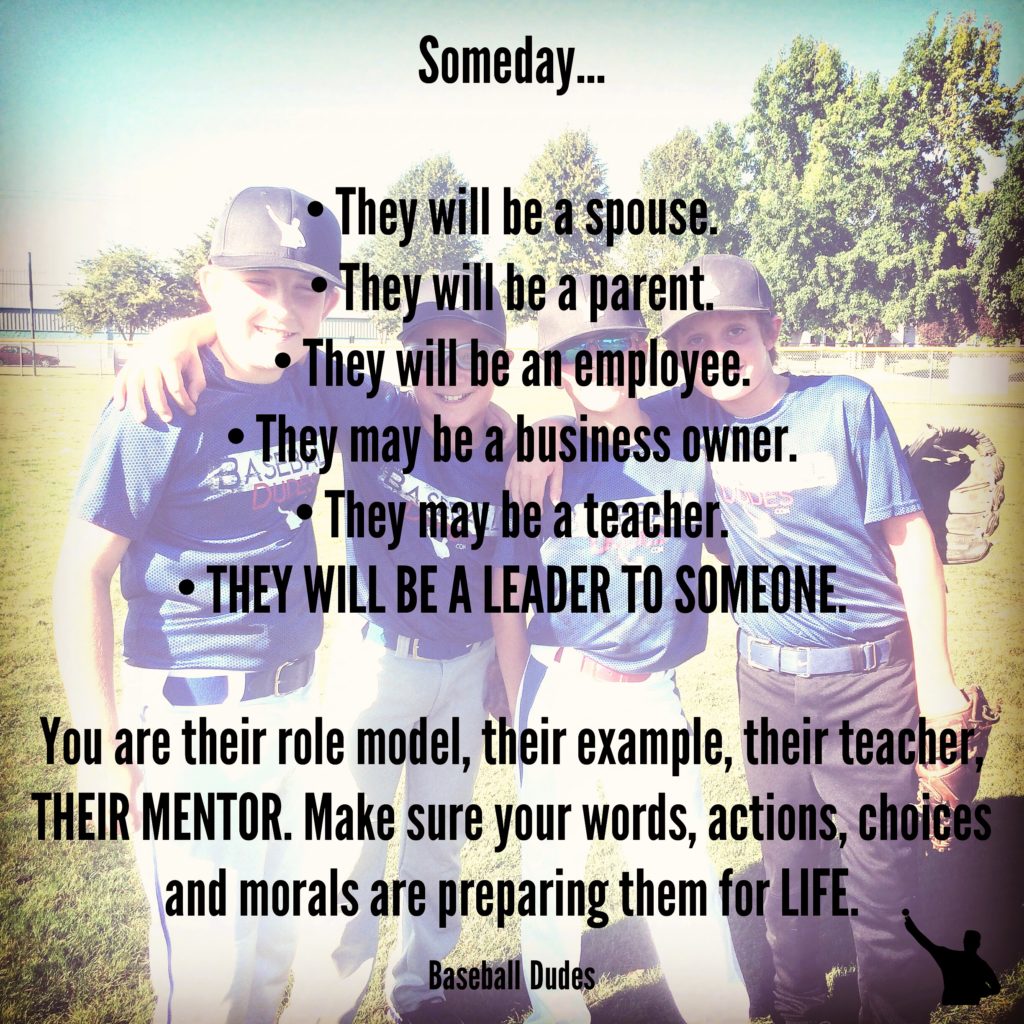 “Let us do the coaching.” “Trust us.” “No parents allowed at practice.” “Don’t come to us with playing time concerns.” “I’ve dealt with parents like you.”
“Let us do the coaching.” “Trust us.” “No parents allowed at practice.” “Don’t come to us with playing time concerns.” “I’ve dealt with parents like you.”